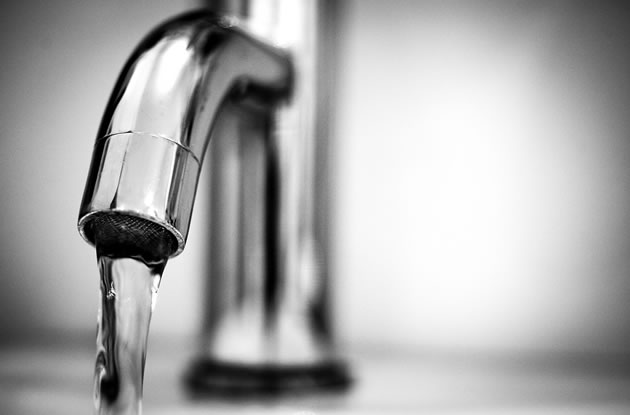Engineering planner says population growth and leaking pipes adding to pressure

Climate change could also have an impact on availability of drinking water
November 24, 2022
Ealing Borough could run out of drinking water if demand cannot keep up with the population increases, documents have revealed.
Although the borough’s water supply is more than adequate at the moment, the council been told that water companies need to address the problem before it worsens over the next few decades.
The council is in the process of forming a new Local Plan and as part of the process is looking at how the borough’s infrastructure and resources, like electricity and water, can cope with a predicted population increase.
At the Local Development Plan Advisory Committee on Wednesday (22 November), senior planner for consulting company Arup, Lily Mahoney, told councillors that there were issues facing the drinking water supply. Leaking pipes, housing developments and climate change are all putting extra pressure on the water supply which may not keep up with the demand.
She said, “For Ealing, there is a significant supply-demand deficit, but for wastewater, there is currently no issues right now, and this is something we are going to continue to monitor going forward because obviously with the population growth anticipated capacity could be constrained.”
Councillors also heard that increased flooding due to climate change further risks contaminating and reducing the water supply.
Councillor Ray Wall expressed concern, and said, “Is it a gap that’s getting wider? Is it a gap that’s getting narrower? Do we need to worry? Is it something we should be worried about?”
Ms Mahoney replied, “It is a snapshot in time but I think at present the situation has been stagnant but there is obviously the need for [water companies] to address the issues. We will be looking at what they are doing to address that. This document is about identifying where the gaps are because we haven’t engaged with Thames Water and Affinity Water we’re not sure what the projection of that is going forward.
She continued, “At this stage, we’ve only engaged with council services and at the next stage we will be looking to go out to [water companies] and that will be a key issue we will be engaging with. We are aware it’s not Ealing specifically, this is a wider problem. At present [water companies] have their own strategy, their own investment and their own goals. That will be their responsibility but we will need to be engaging with them to understand.”
The water deficit will potentially get worse over the next 80 years, the councillors heard. But, a number of measures will be implemented to tackle the problem.
Ms Mahoney told councillors that Thames Water and Affinity Water are both investing to ensure a resilient supply of water for Ealing and the wider region. There are also plans to fund infrastructure that can transfer surplus water from other areas and reuse wastewater at sewage treatment facilities.
Water companies are also being urged to fix leaks to reduce the amount of water lost. Ms Mahoney told councillors that 24 per cent of the current water supply is lost due to leakage.
Ahead of the Infrastructure Development Plan, which will support Ealing’s new Local Plan, Ealing Council will engage with both Thames Water and Affinity Water about the issues facing water supply.
Megan Stanley - Local Democracy Reporter